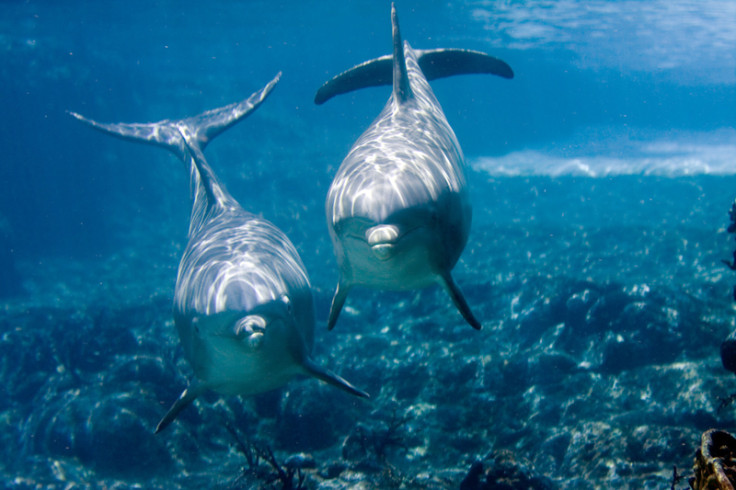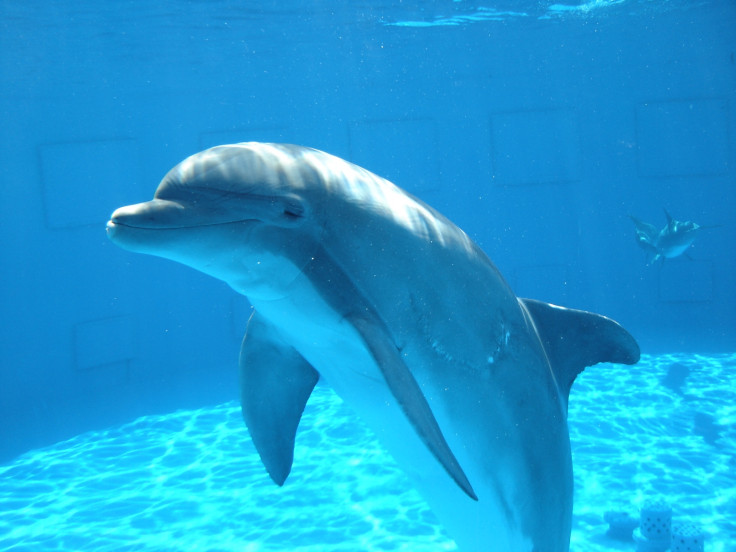Wild dolphins' immune systems are failing because of ocean pollution
The mammals are starting to carry diseases that could be passed to humans.
Waste and contamination in the oceans is piling pressure on dolphins' immune systems, the first study comparing the immune health of wild and captive dolphins finds.
Wild dolphins are struggling with high levels of mercury and industrial pollution in the oceans off the coasts of Florida and South Carolina. The pollution is putting their immune system on constant alert, which makes it less able to fight off bacteria, fungus, viruses and parasites in the water, according to a study in the journal PLOS ONE.
The industrial pollution was strongest in the oceans near Charleston, South Carolina in the US. Organic compounds released into the water accumulate in microorganisms – that are eaten by fish, which are in turn eaten by dolphins. The toxins become more concentrated in each step of the food chain because the creatures do not have a way to clear them out of their bodies.
Large amounts of mercury were found in dolphins that live in the Indian River Lagoon. This is also a troubling sign for human health in the region, as mercury can build up in the food chain in the same way.
Previous research has shown that the Indian River Lagoon dolphins developed a fungal skin disease because of their suppressed immune systems and new viruses. Some of these are also potentially infectious to humans.
By comparison, the dolphins kept in the Georgia Aquarium had fewer diseases and their immune systems were under a lot less stress. This is because the environment at the aquarium is more tightly controlled for water quality.
"This is likely a result of encountering pathogens, parasites and anthropogenic pollutants in the ocean that do not exist in closely managed zoological habitats," said study author Patricia Fair of the Medical University of South Carolina.

"Microbes are part of the natural world and help to develop the immune system. The key to a healthy immune system is a balance between being able to recognise harmful organisms and overstimulation and this study demonstrates the importance of the environment in these responses."
Gregory Bossart, also a study author and chief veterinary officer at Georgia Aquarium, added: "In humans, this type of prolonged smouldering inflammation is associated with cancer, autoimmune disease, cardiovascular disease, and increased vulnerability to infectious disease."
Keeping dolphins in captivity comes with its own impact on the overall health of the mammals. Dolphins are highly intelligent and have complex social structures that can't be maintained in small tanks. As a result, dolphins in captivity live shorter lives than those in the wild, according to the charity Whale and Dolphin Conservation.

"As a sentinel species, dolphins are an important way to gauge the overall health of our oceans," said Bossart.
"If wild dolphins aren't doing well, it could also indicate future impacts to ocean health and even our own health."
© Copyright IBTimes 2025. All rights reserved.






















